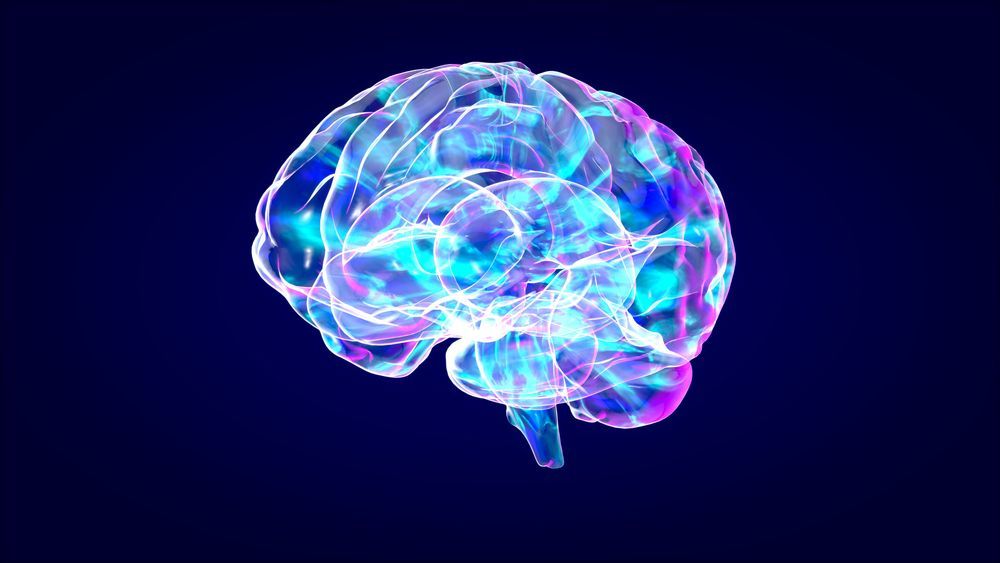Scientists from the Salk Institute for Biological Studies are homing in on exactly how two new experimental Alzheimer’s drugs could be generating the anti-aging effects seen in early animal studies. The discovery of a unique metabolic pathway, associated with both general aging and the onset of dementia, offers researchers novel directions for future anti-aging studies.
Salk researchers have been developing two experimental drugs for several years with a view on improving cognition and slowing the neurodegenerative decline associated with Alzheimer’s disease. Called CMS121 and J147, the drugs were effective in slowing the progression of Alzheimer’s in initial animal tests. However, the compounds also seemed to demonstrate signs of slowing down general markers of brain aging.
As the two drugs move toward human trials, the researchers have been working to uncover exactly what molecular mechanisms are at play to explain how they work. One potential mechanism was uncovered in early 2018 but that was only part of the story. Now, the Salk team has uncovered an exciting new molecular pathway, influenced by the two drugs, that could explain how the compounds slow down brain aging.
